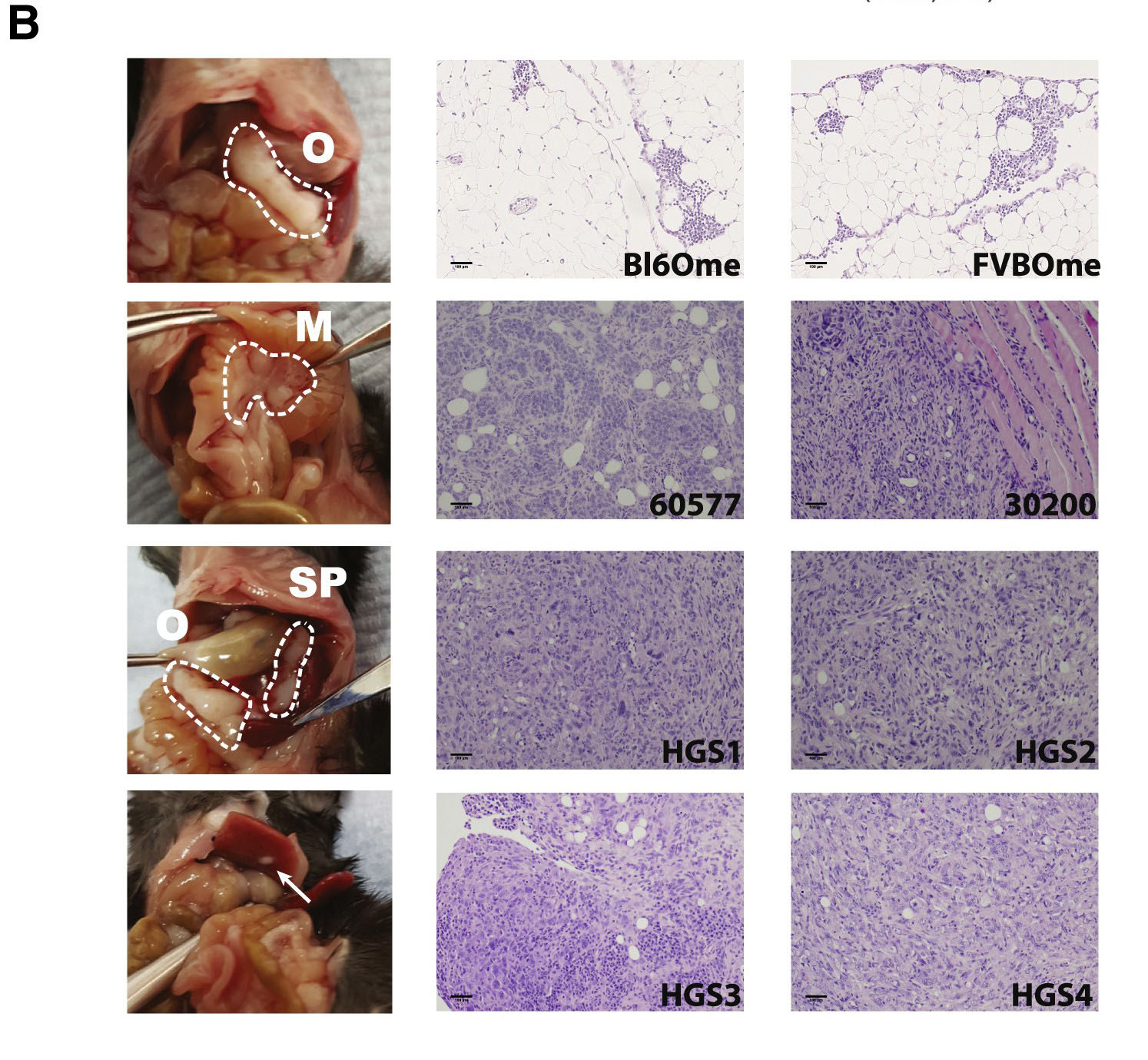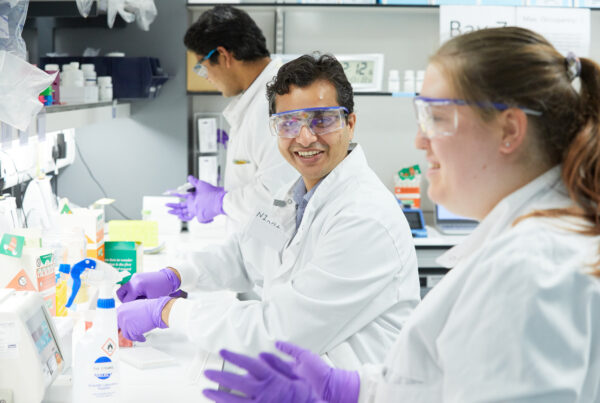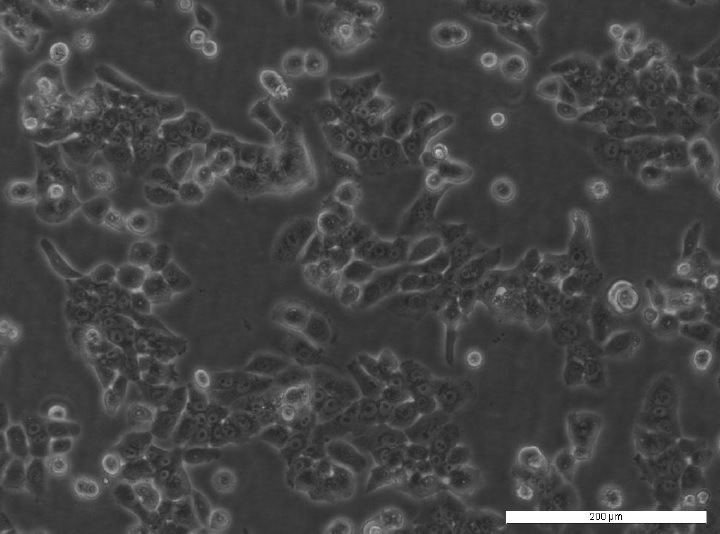Introduction
Epithelial ovarian carcinomas are one of the most lethal gynaecological malignancy, majority advanced cases incurable, in the western world due to their particular heterogenous nature. This inter-patient and intra-tumoral heterogeneity need to be considered to identify the right therapeutic approach. To enable steadfast preclinical research comprehensive characterization of in vitro models, such as ovarian cancer cell lines, that represent different histological and molecular ovarian cancer subtypes is vital.

Image: H&E-stained tissue sections derived from mouse model tumours (HGS) (scale bars – 100 μm). Reference – Mainati et al. Cell Reports. Vol 30 (2), 2020
Limited cell line models of ovarian cancer are available for the high-grade serous (HGS) subtype, which is the most common form of gynaecological cancer. HGS histiotype represents 80% of ovarian cancers and is defined by a specific genetic profile including TP53 mutation, homologous recombination DNA repair defects, CCNE1 amplification and genomic instability.
At CancerTools.org, HGS cell lines have been recently accessioned which were generated from tumours that developed in genetically engineered mouse models of high-grade serous ovarian carcinoma (HGSOC). A multi-level molecular and cellular profiling of murine peritoneal metastases was then conducted in these transplantable mouse models to determine their suitability to study human HGSOC. Further studies demonstrate the potential of these models for pre-clinical studies as the transcriptional profile of chemotherapy-responsive murine tumours translates to patients. Consequently, these models could help identify patient subgroups who would most benefit from a specific treatment.
Conclusion
These novel HGS cell lines and their detailed characterization provide new research tools for investigating the most common and lethal form of ovarian carcinomas. Furthermore, these cell-based models facilitate the study of processes and/or pathways relevant to HGS biology, aetiology and therapeutics in addition to discovery and validation of novel therapeutic targets and biomarkers.




